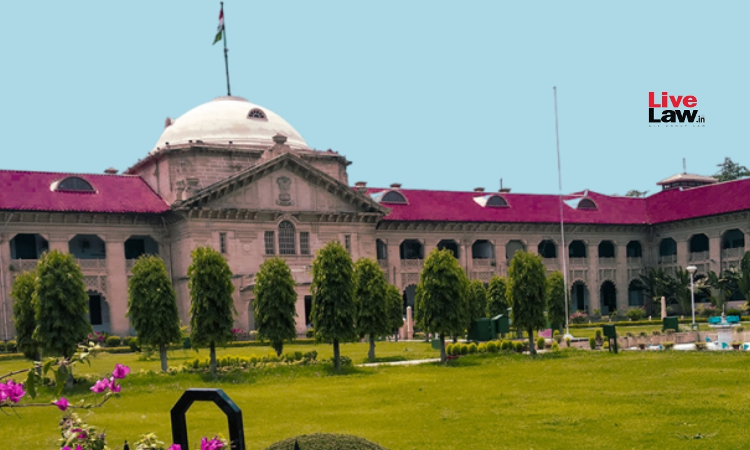Burden To Prove Employee's 'Wilful' Absence From Service Is On Disciplinary Authority: Allahabad High Court
Upasna Agrawal
18 July 2023 9:49 AM IST

Next Story
18 July 2023 9:49 AM IST
The Allahabad High Court has held that in departmental proceedings, burden to prove that the unauthorized absence was 'wilful' is on the disciplinary authority. In absence of such finding, unauthorized absence does not amount to misconduct.The observation was made by a bench of Justice Irshad Ali while hearing the plea moved by a Medical Officer facing disciplinary proceeding for the charge...
